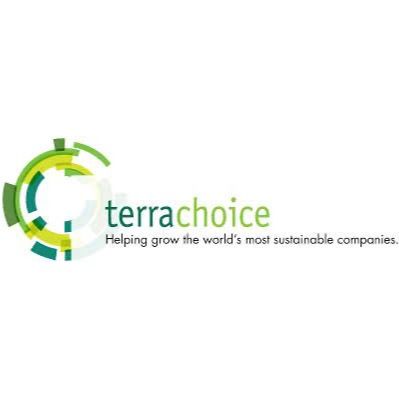Approved by curator

Added: Aug 11, 2022
Last edited: Aug 16, 2022
Greenwashing can be defined as whitewashing in business world, by making false environmental claims. Recognising examples of corporate greenwashing has been made easier with the guidelines TerraChoice have published. These 'seven sins of greenwashing' are intended to help the everyday consumer made more genuinely green consumption choices.
There has been a considerable rise in consumer demand for sustainable and environmentally friendly products, especially in the textile industry.
More and more fashion brands are promoting their green initiatives, however in some instances, these claims are misleading.
In a 2021 report, Changing Markets Foundation found that as many as 59% of all environmental claims by European and UK fashion brands are misleading and therefore could be greenwashing.
This figure is staggering and highlights the high prevalence of false green advertising. It is hard for consumers to pick out genuine textile companies' claims from misleading ones.
Environmental researchers at TerraChoice have compiled a comprehensive list of types of greenwashing - dubbed the 'seven sins of greenwashing', to serve as a guide to consumers in the assessing green claims of fashion brands (although they apply to all industries).
The seven sins are as follows:
1. Sin of the Hidden Trade-Off: implying that a product is green based on a narrow set of attributes without attention to other important environmental issues.
2. Sin of No Proof: occurs when claims cannot be supported by easily accessible information or third-party certification.
3. Sin of Vagueness: occurs when a claim is poorly defined and therefore likely to be misunderstood by consumers.
4. Sin of Worshipping False Labels: occurs when the product gives the impression of third-party endorsement which isn't real. This could be through creating fake certification - often companies own in-house certification means they don't have to adhere to any rigid environmental standards.
5. Sin of Irrelevance: occurs when the claim, although truthful, is unimportant for companies seeking environmentally friendly products.
6. Sin of Lesser of Two Evils: occurs when a claim could be truthful within the product category but risks distracting the consumer from the greater environmental impacts of the category as a whole.
7. Sin of Fibbing: occurs when a product's claims are simply false.
The Seven Sins of Greenwashing serve as a comprehensive guideline against which to assess fashion brands' claims.
Through learning about greenwashing in the textile industry, consumers are able to shop more savvily, bearing in mind the telltale signs of false advertising.
Other companies, including Good On You, have also published reports and guidance to further inform the general public on misleading green advertising, calling out fashion brands by name.
For example, the Sin of Lesser of Two Evils can be seen in Boohoo's 'sustainable collection', where although more recycled materials may be used, this distracts from extremely wasteful fast fashion model that the brand operates on.
Overall, educating the consumer can be the first step in bringing about more substantial change, as firms face more pressure to actually achieve their environmental claims.
TerraChoice Group Inc was acquired by UL Solutions.
Photo credits: Navejo via Flickr




Goods and Services
Electronics and Appliances
Home and Office Furnishings
Personal Products and Services
Fashion and Textiles
Retail
Hospitality and Tourism
consumer awareness
greenwashing
misinformation
